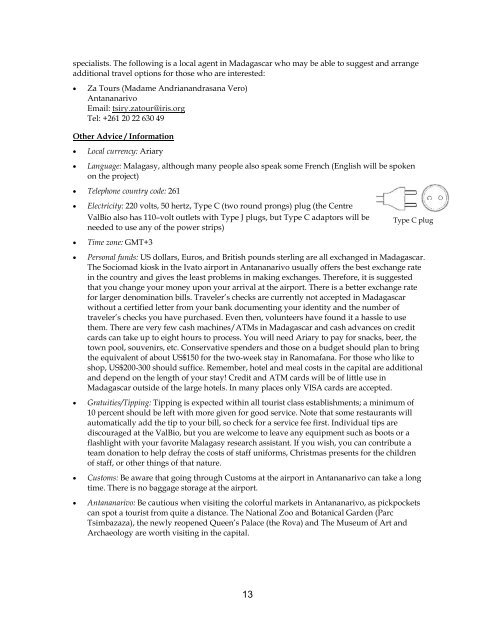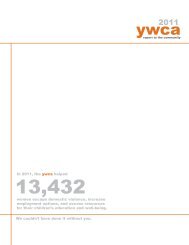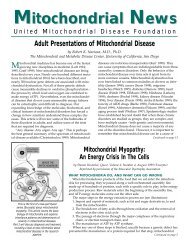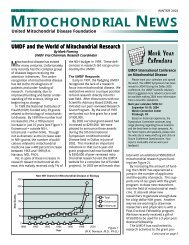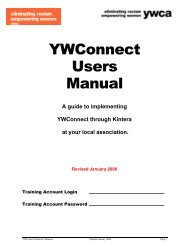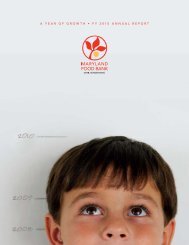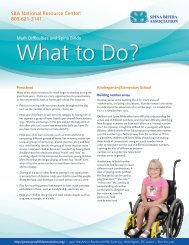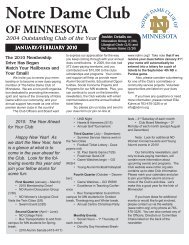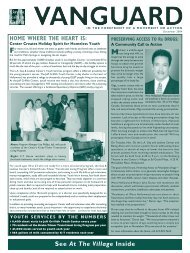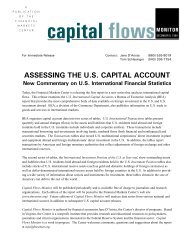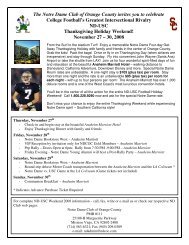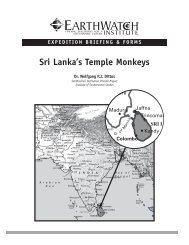Madagascar's Lemurs
Madagascar's Lemurs
Madagascar's Lemurs
Create successful ePaper yourself
Turn your PDF publications into a flip-book with our unique Google optimized e-Paper software.
specialists. The following is a local agent in Madagascar who may be able to suggest and arrange<br />
additional travel options for those who are interested:<br />
• Za Tours (Madame Andrianandrasana Vero)<br />
Antananarivo<br />
Email: tsiry.zatour@iris.org<br />
Tel: +261 20 22 630 49<br />
Other Advice / Information<br />
• Local currency: Ariary<br />
• Language: Malagasy, although many people also speak some French (English will be spoken<br />
on the project)<br />
• Telephone country code: 261<br />
• Electricity: 220 volts, 50 hertz, Type C (two round prongs) plug (the Centre<br />
ValBio also has 110–volt outlets with Type J plugs, but Type C adaptors will be<br />
needed to use any of the power strips)<br />
• Time zone: GMT+3<br />
Type C plug<br />
• Personal funds: US dollars, Euros, and British pounds sterling are all exchanged in Madagascar.<br />
The Sociomad kiosk in the Ivato airport in Antananarivo usually offers the best exchange rate<br />
in the country and gives the least problems in making exchanges. Therefore, it is suggested<br />
that you change your money upon your arrival at the airport. There is a better exchange rate<br />
for larger denomination bills. Traveler’s checks are currently not accepted in Madagascar<br />
without a certified letter from your bank documenting your identity and the number of<br />
traveler’s checks you have purchased. Even then, volunteers have found it a hassle to use<br />
them. There are very few cash machines/ATMs in Madagascar and cash advances on credit<br />
cards can take up to eight hours to process. You will need Ariary to pay for snacks, beer, the<br />
town pool, souvenirs, etc. Conservative spenders and those on a budget should plan to bring<br />
the equivalent of about US$150 for the two-week stay in Ranomafana. For those who like to<br />
shop, US$200-300 should suffice. Remember, hotel and meal costs in the capital are additional<br />
and depend on the length of your stay! Credit and ATM cards will be of little use in<br />
Madagascar outside of the large hotels. In many places only VISA cards are accepted.<br />
• Gratuities/Tipping: Tipping is expected within all tourist class establishments; a minimum of<br />
10 percent should be left with more given for good service. Note that some restaurants will<br />
automatically add the tip to your bill, so check for a service fee first. Individual tips are<br />
discouraged at the ValBio, but you are welcome to leave any equipment such as boots or a<br />
flashlight with your favorite Malagasy research assistant. If you wish, you can contribute a<br />
team donation to help defray the costs of staff uniforms, Christmas presents for the children<br />
of staff, or other things of that nature.<br />
• Customs: Be aware that going through Customs at the airport in Antananarivo can take a long<br />
time. There is no baggage storage at the airport.<br />
• Antananarivo: Be cautious when visiting the colorful markets in Antananarivo, as pickpockets<br />
can spot a tourist from quite a distance. The National Zoo and Botanical Garden (Parc<br />
Tsimbazaza), the newly reopened Queen’s Palace (the Rova) and The Museum of Art and<br />
Archaeology are worth visiting in the capital.<br />
13


